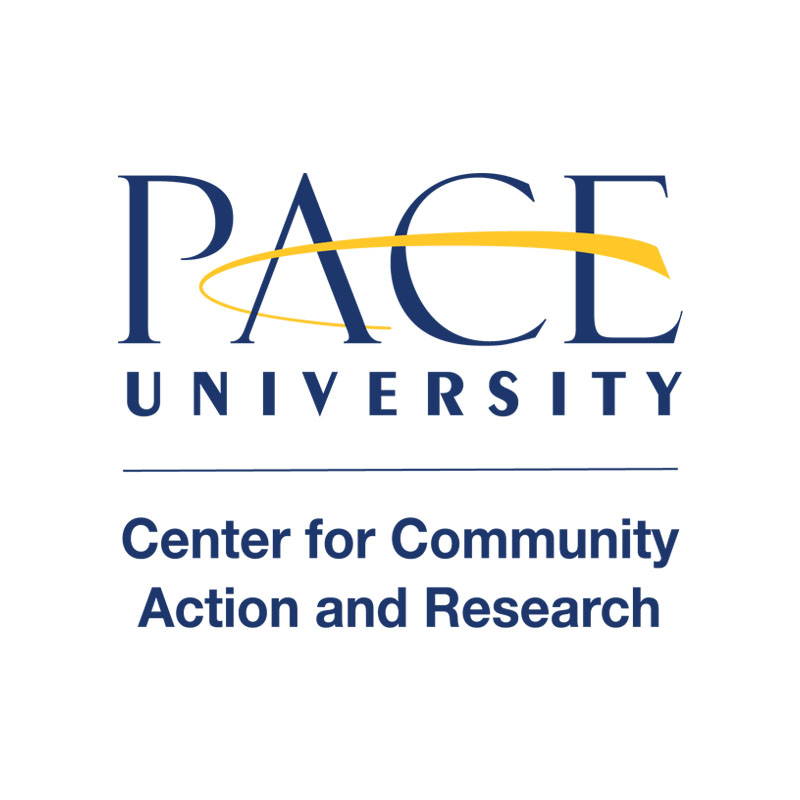
Faculty Perspectives on the 2016 Election: Aarti Maharaj
Educate yourself, whatever way you’re receiving your information. It kind of goes back to this idea that I always read in one of my classes, Plato’s “allegory of the cave.” What he said in that piece which is very interesting is that you have to go beyond. You have to escape the “cave.” Go for the sunlight. That’s education. That’s knowledge.
THE MEDIA’S ROLE IN THIS ELECTION
I would say if the media had a role to play in this, the media should provide non-biased reporting. Specific channels should not be promoting content from a specific candidate. I feel that the media should cover all grounds, if that makes sense. Covering all grounds as opposed to thinking about ‘pay for play’ journalism, in this case, it really does not help you as a student. It does not help me as a teacher. And, again, it goes back to this word that I used earlier: collectively. That’s really what’s driving a change.
We’ve heard the term that ‘Trump knows how to play the media.’ It goes back to what you said, that not one person, it’s all about equal and fair media time. One candidate has gotten a bunch of free coverage by virtue of how sensational he is. How do we fix that?
If I was able to fix that, we wouldn’t be here today! I can’t speak for everyone, but I can speak for myself. I think that sensationalism definitely sells. As mentioned in class, and something we always hear in journalism, ‘If it bleeds, it leads,’ right? And I feel you can’t fix that. But I think what you can do is just adapt to it. Educate yourself, whatever way you’re receiving your information. It kind of goes back to this idea that I always read and study in one of my classes. Plato’s Allegory of the Cave. What he said in that piece which is very interesting is that you have to go beyond what is given to you to seek reasoning. You have to escape the cave. Go for the sunlight. That’s education. That’s knowledge. I think we can all fix this problem by doing our own fact-checking where we don’t only question the news outlet that’s providing the information, or the sensational news. But we should be able to consume that and make an educated answer.
THE PR/DAMAGE CONTROL SIDE OF ELECTIONS
Be proactive and not reactive. You don’t want to see negative information about something and start getting stressed out. What you want to do is just plan ahead. For me, if I was working on a campaign, I would think about all of the other areas of where we could go wrong and not only focus on one area. Obviously, we can sell what we’re very confident about. But you always look at the ramifications of a tape surfacing, or an email surfacing from years ago. But you plan ahead. You prepare. So I think, for public relations, don’t be reactive on social media. Don’t send out a Tweet. Be proactive and have a solid plan in place where you know how to roll out and deal with the damage that occurs. If something happens in a negative way, it’s not necessarily a problem but it could also be an opportunity. An opportunity for you to teach the audience about something new. Sure, you have to admit when you’re wrong. And I always say that in the classroom. Be transparent and authentic. Do the right thing. But do the right thing in a way where you can send out information that gives the audience the opportunity to see what you’re really doing too. How are you making society a better place?
STUDENTS ENGAGING IN THE ELECTORAL PROCESS
All of my students at Pace are extremely amazing, engaging, fascinating students who come from all walks of life. I believe as a teacher, you never stop learning. I learn from all of my students in class. It’s funny, when I have students that come from different states, they bring to me different knowledge and experience from living in different states. For example, let’s say, growing up in New York, I just understand the elections from the New York perspective. But I would have a student coming in from Florida, or a student who came in from Sweden and went to school in Florida, and then came to Pace, she can provide an international perspective and also a local perspective. It’s great seeing what the elections look like through the eyes of someone from a different country.
CLASSROOM ENGAGEMENT/EMPOWERMENT
What is unique, I would say, is that now the candidates are taking it to Twitter and social media to get their message across. For example, I saw a news story last week about the White House’s presenting a plan for turning over the Obama Administration’s social media accounts such as @POTUS. And that’s what’s reaching students in the classroom. That’s what’s reaching millennials. They like that. I have to admit, I’m seeing a lot more engagement of students wanting to be involved. Students wanting to make a difference. They think about 4 years from now, they will be graduating. How would this help me? How is this going to change my future? It’s good that students now understand their power to make a difference and they use social media to gain instantaneous information. I have to admit, the few students I’ve spoken to about elections, everyone plans to go to the polls on election day. Everyone wants to vote.
Pace is doing a great job at promoting elections. They’re allowing students to think outside of the box, which I like. LaGuardia Community College does the same thing. Both campuses bring a lot of diversity, thought, and new ideas to the table.
As a teacher, I think it is important to allow students to really see what’s going on in an election. Don’t just gloss over it. Allow them to see the different sides of it. Let them go into it with a clean slate. Don’t think about personal belief. Go in with a clean slate and an open mind. That is enough empowerment. We live in a time where its so easy to trade and think of new ideas. We love doing that. In a nutshell, I think that in the classroom, providing students with information and access to both sides of the elections, and relating it with what you’re doing in the course would really empower our next generation of leaders.
Aarti Maharaj is an Adjunct Professor in the Communication Studies Department at Pace University. This transcript is taken from a full interview with Dr. Kolluri conducted by Matt Bailey ’17 as part of a series on faculty perspectives of the 2016 election completed in partnership with the Center for Community Action and Research.





